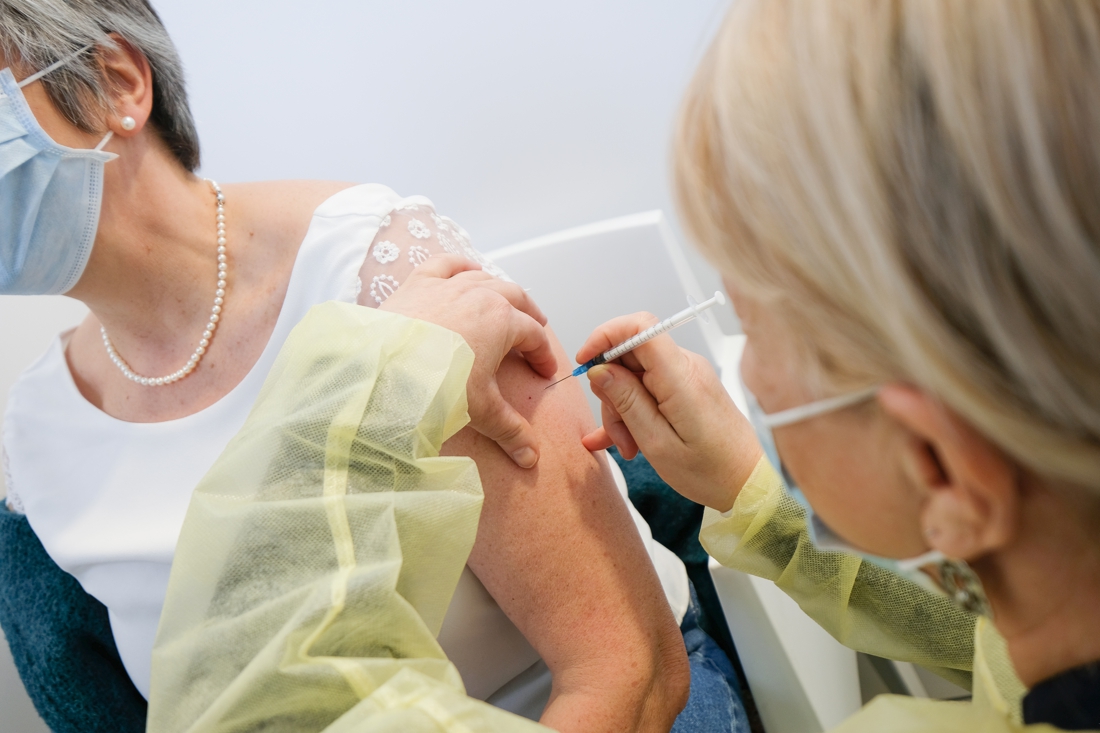Within a few months of being infected with a coronavirus, most people are protected from re-infection.
However, those over the age of 65 are re-infected much more often than younger people. This is shown by the results of an extensive new study from Denmark, published in the specialized scientific journal The Lancet, writes “Deutsche says“.
Re-infection is rare, but far from ruled out
The authors of the study studied a huge amount of data collected in Denmark during the first and second waves of the pandemic. Free PCR tests for coronavirus there were performed on over 4 million people in 2020, and the results were analyzed in detail.
The data show that an average of 0.65 percent of those tested positive during the first wave of the pandemic tested positive again in the second. In absolute numbers, these are 72 out of a total of 11,068 people. From September to December 2020, a total of 525,339 PCR tests were performed.
The proportion of older people who tested positive in both the first and second waves of the pandemic was 0.88 percent. Scientists note that this is a significantly higher value. According to them, only 47 percent of people over the age of 65 are protected from re-infection.
This means that this age group is only 47 percent less likely to become infected than those who have not had contact with the virus at all. For young people this percentage is about 80.
It is not yet clear how long the natural immune system lasts
“Our study confirms what some previous work has found – namely, that ‘re-infection with coronavirus is rare among young and healthy people, but for the elderly there is an increased risk of re-infection,'” said one of the authors. of the study – epidemiologist Steen Ethelberg from the Danish Health Institute SSI.
How long the natural immune defense that builds up after an infection lasts cannot be said for sure. However, it is possible that it will last more than half a year, says one of the authors, Daniela Michlmeier.
“In our study, we found no indication that immunity to prevent re-infection decreased during the first six months,” she said.
These results show that precautions, such as wearing masks and keeping a distance, are key for older people who have already spent Kovid.
The Danish analysis also shows that vaccination is also needed in people who have already had Kovid. Especially among older people, one cannot fully rely on the presence of lasting natural immunity.
Vaccines are the long-term solution
Infections with new coronavirus mutations were not taken into account in the Danish study. At present, however, the British mutation B.1.1.7 is responsible for over 90 percent of all new infections in Denmark.
“The new data is alarming,” British scientists Rosemary Boyton and Daniel Alman said in The Lancet. “All these data confirm that serious protective immunity can hardly be relied on after a natural infection has occurred, and that the global vaccination program will prove to be a lasting solution,” they concluded.
– .


